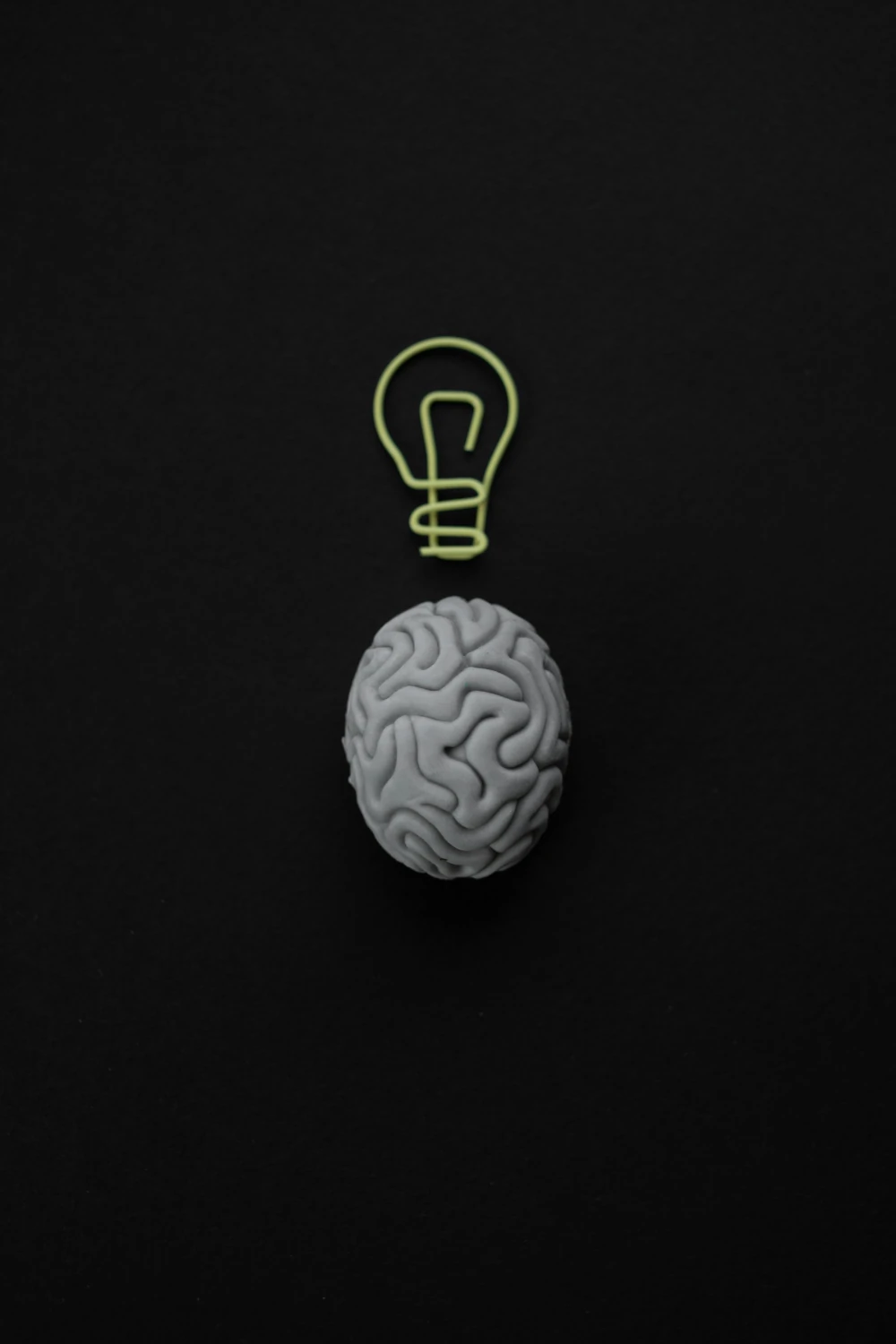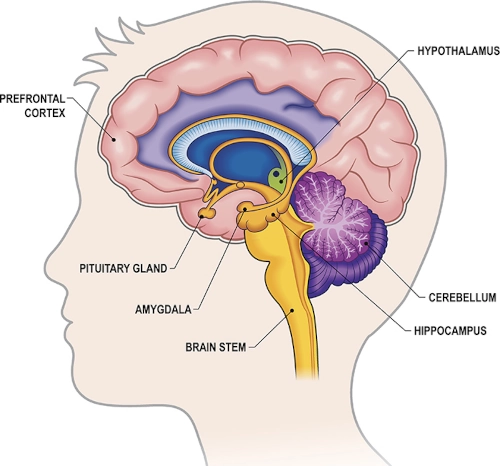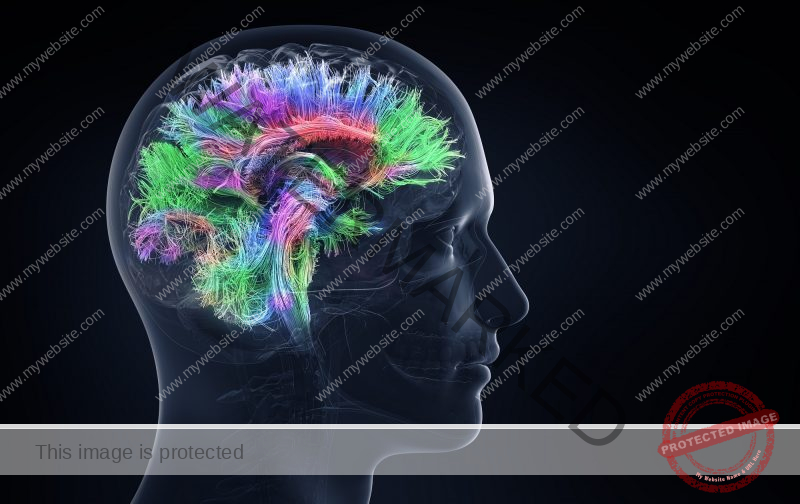
Rewiring the Anxious Brain
14 November 2024
Anxiety is a challenge many individuals experience with 301 million people reporting anxiety in 2019. Whether it shows up as constant worry about what’s ahead, feeling uneasy for no clear reason, or dealing with physical symptoms like a racing heart and trouble sleeping, anxiety affects both your body and mind. There is hope though, while many are prescribed prescription medications there are other options. One of these options is to rewire your brain through other methods, which, while not entirely eliminating anxiety, can help minimize its symptoms.
So, how can you actually go about changing the anxious patterns your brain has developed? In this post, we’ll look at the science of anxiety, how the brain gets stuck in anxious cycles, and the steps you can take to rewire your brain to cultivate more peace and calm in your life.
What Happens to the Brain When Anxiety Takes Over?
To understand how to “rewire” the brain, it’s helpful to first look at what anxiety does to it. Anxiety isn’t something that only happens in your mind—it has real effects on brain function, particularly in the way the brain responds to stress.
It is important to gain knowledge in this area so one better understands what they or others are struggling with. Here’s a look at the key parts of the brain involved in anxiety:

The Amygdala
The amygdala is responsible for detecting threats and triggering the “fight, flight, or freeze” response when danger is perceived. In people with anxiety, this part of the brain becomes overactive, sounding the alarm even in situations where no real danger exists.
The Prefrontal
The prefrontal cortex helps us think logically, make decisions, and manage our emotions. During anxiety, this area can become overwhelmed, making it difficult to stay calm or think clearly.
The Hippocampus
The hippocampus is responsible for storing memories, particularly emotional ones. When stressful or frightening experiences happen, the hippocampus helps record those memories, but it can also hold onto anxious memories, which makes future anxiety more likely in similar situations.
When anxiety becomes chronic, these parts of the brain get stuck in patterns of fear, worry, and overreaction to everyday situations. However, this is where the concept of neuroplasticity comes into play. Neuroplasticity is the brain’s ability to change and adapt.
What Is Neuroplasticity?
Neuroplasticity refers to the brain’s ability to form new neural connections and reorganize itself. This means that the brain can change in response to your experiences, thoughts, and behaviors. In the context of mental illnesses such as depression or anxiety this is great news because it means that the brain can be rewired to replace anxious patterns with more peaceful and balanced ones.
The more you practice certain ways of thinking and behaving, the stronger those neural pathways become. This means you’re not stuck with an anxious brain forever—with time and effort, you can train your brain to respond differently to stress and fear

Strategies for Rewiring the Anxious Brain
So, how do you go about rewiring the anxious brain? While it takes time and consistency, there are a number of powerful techniques that can help reshape your brain and reduce anxiety.
1. Psilocybin Retreats
Psilocybin retreats offer a promising avenue for addressing anxiety by leveraging the transformative power of this natural psychedelic compound. Psilocybin, found in certain mushrooms, has shown potential to disrupt rigid thought patterns and foster new neural connections. Guided by trained facilitators in safe, supportive settings, participants engage in carefully curated experiences that combine psilocybin use with practices like meditation, mindfulness, and integration therapy.
These retreats create an environment for deep introspection and emotional release, enabling participants to confront and reframe sources of anxiety. By promoting neuroplasticity, psilocybin may help individuals shift away from negative thought loops and embrace healthier, more adaptive mental frameworks. When paired with post-retreat strategies like journaling and ongoing therapeutic support, these experiences can pave the way for lasting relief and resilience against anxiety.
With growing research and anecdotal evidence, psilocybin retreats are emerging as a powerful tool in the journey toward mental clarity and emotional well-being.
2. Mindfulness Meditation
One of the most effective tools for calming an anxious brain is mindfulness meditation. Mindfulness teaches you to focus on the present moment without judgment. By practicing mindfulness regularly, you can train your brain to stay centered and yourself to stay grounded, even when you’re feeling stressed or anxious.
Research shows that mindfulness practice can reduce the size of the amygdala, the part of the brain responsible for fear and anxiety. It also strengthens the prefrontal cortex, helping you better regulate emotions and think more clearly in moments of stress.
To get started with mindfulness, try the following:
- Find a quiet place where you can sit comfortably.
- Close your eyes and focus on your breath, noticing the sensation of each inhale and exhale.
- When your mind wanders, gently bring your attention back to your breathing.
- Start small, with just a few minutes a day, and gradually increase the time as you get more comfortable.
Over time, mindfulness helps you develop greater awareness of your anxious thoughts and emotions, allowing you to respond to them in a calmer, more measured way.
3. Cognitive Behavioral Therapy (CBT)
Cognitive Behavioral Therapy (CBT) is a widely used approach to treating anxiety in a therapeutic setting. It helps you identify and change negative thought patterns that contribute to anxiety. The idea behind CBT is that how you think about a situation directly influences how you feel and act.
In practical terms, CBT works by helping you challenge anxious thoughts and replace them with more balanced ones. For example, if you tend to think, “I can’t handle this,” CBT encourages you to reframe that thought as, “This is difficult, but I’ve overcome challenges before.”
CBT also often includes exposure therapy, which involves gradually exposing yourself to anxiety-provoking situations in a controlled way. This helps retrain your brain to understand that these situations are not as dangerous as they seem, which reduces the anxious response over time.
You can try some CBT techniques on your own, such as:
- Journaling Thoughts: Write down anxious thoughts and then challenge them by asking whether they’re based on facts or assumptions.
- Testing Fears: Slowly confront the situations that make you anxious, starting small and building your confidence over time.
By regularly practicing these techniques, you help your brain break free from the habitual thought patterns that fuel anxiety.
4. Regular Physical Exercise
Exercise isn’t just good for your physical health; it has a powerful effect on mental health as well. Physical activity helps reduce anxiety by increasing levels of serotonin and endorphins—chemicals that promote positive feelings and relaxation.
Exercise also encourages neurogenesis, the growth of new brain cells, particularly in the hippocampus, which can improve memory and learning. This helps rewire the anxious brain by creating new, positive connections and making the old, anxiety-driven pathways weaker.
You don’t need intense workouts to experience these benefits. Simple activities like walking, hiking, or yoga can help reduce anxiety and boost your mood. The key is consistency—aim for at least 30 minutes of exercise on most days of the week.
5. Breathing Techniques
When you’re anxious, your breathing tends to become shallow and fast, which can signal to your brain that something is wrong, fueling the fight-or-flight response. Practicing deep breathing exercises can help send the opposite message—that it’s okay to relax.
One effective method is diaphragmatic breathing:
- Sit or lie down in a comfortable position.
- Place one hand on your chest and the other on your belly.
- Slowly breathe in through your nose, letting your belly rise as you fill your lungs with air.
- Exhale slowly through your mouth, letting your belly fall.
- Repeat this for several minutes, focusing on each breath.
By regularly practicing deep breathing, you can help calm your nervous system and train your brain to stay relaxed even in stressful situations.
6. Prioritize Healthy Sleep
Getting enough sleep is crucial for both brain health and mental well-being. Lack of sleep can make the brain more reactive to stress, while quality sleep helps the brain recover and restore balance.
To improve your sleep:
- Stick to a regular bedtime and wake-up time.
- Create a calming bedtime routine, such as reading or taking a warm bath.
- Avoid screens and stimulating activities before bed to help your brain wind down.
Restful sleep supports brain function, allowing you to manage stress and anxiety more effectively.
7. Social Connections
Positive relationships are essential for emotional well-being. Connecting with supportive friends, family, or support groups can help ease anxiety and reinforce positive brain patterns.
Whether it’s talking to a trusted friend or joining a group focused on managing anxiety, having a strong support system can make a significant difference in your ability to rewire your brain.
Patience and Persistence
Rewiring an anxious brain is a gradual process, and it doesn’t happen overnight. It requires patience and consistent practice. The good news is that even small efforts, over time, can lead to big changes in how your brain responds to anxiety.
Be kind to yourself during this process. There will be good days and challenging days, but every step you take brings you closer to creating lasting changes in your brain’s wiring.

Final Thoughts
Living with anxiety can feel overwhelming, but you don’t have to be stuck in a cycle of fear and stress forever.
By gaining a better understanding of the processes your brain is stuck in you can work to change the behavioral patterns that have been built to better cope with your anxious symptoms.
Whether through mindfulness, therapy, psychedelic retreats, exercise, or connecting with others, you have the power to reshape your brain and create a more balanced, peaceful life.


